
John Randolph Webb was an American actor, television producer, director, and screenwriter, most famous for his role as Joe Friday in the Dragnet franchise, which he created. He was also the founder of his own production company, Mark VII Limited.
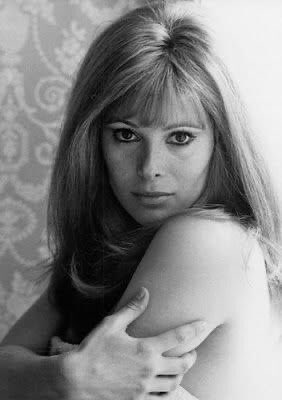
Jill St. John is an American retired actress. She is best known for playing Tiffany Case, the first American Bond girl of the James Bond film franchise, in 1971's Diamonds Are Forever. Additional performances in film include Holiday for Lovers, The Lost World, Tender Is the Night, Come Blow Your Horn, for which she received a Golden Globe nomination, Who's Minding the Store?, Honeymoon Hotel, The Liquidator, The Oscar, Tony Rome, Sitting Target and The Concrete Jungle.
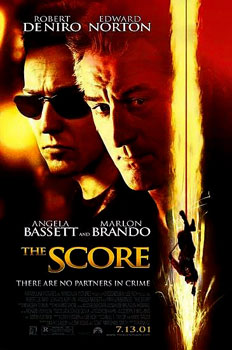
The Score is a 2001 American neo-noir heist action comedy film directed by Frank Oz, and starring Robert De Niro, Edward Norton, Angela Bassett, and Marlon Brando in his final film role. It was the only time that Brando and De Niro appeared onscreen together. The screenplay was based on a story by Daniel E. Taylor and Kario Salem.

Midnight Run is a 1988 American action comedy film directed by Martin Brest, written by George Gallo, and starring Robert De Niro and Charles Grodin. Yaphet Kotto, John Ashton, Dennis Farina, Joe Pantoliano, and Philip Baker Hall play supporting roles.

Virginia City is a 1940 American Western film directed by Michael Curtiz and starring Errol Flynn, Miriam Hopkins, Randolph Scott, and a mustachioed Humphrey Bogart in the role of the real-life outlaw John Murrell. Based on a screenplay by Robert Buckner, the film is about a Union officer who escapes from a Confederate prison and is sent to Virginia City from where his former prison commander is planning to send five million dollars in gold to Virginia to save the Confederacy. The film premiered in its namesake, Virginia City, Nevada. The film was shot in black and white (sepiatone).
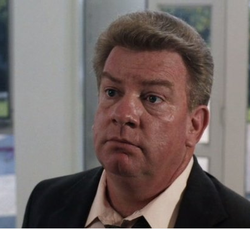
Charles John Hallahan was an American film, television, and stage actor. His films include Going in Style, and Nightwing (1979), The Thing (1982), Twilight Zone: The Movie (1983), Vision Quest and Pale Rider (1985), Cast a Deadly Spell (1991), and Dante's Peak (1997). On television he appeared in The Rockford Files, Happy Days and Hawaii Five-O, played Chet Wilke in Lou Grant (1979–1982), M* A* S* H and Hill Street Blues (1981), The Equalizer (1985), and as Capt. Charlie Devane in Hunter from 1986 to 1991.
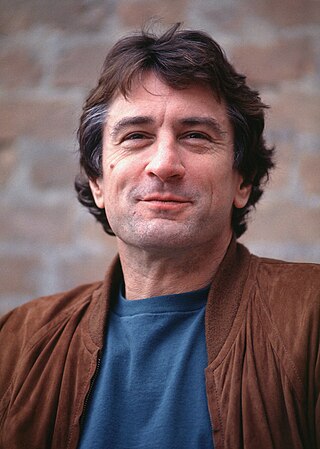
Robert De Niro is an American actor, director and producer. His early films included Greetings (1968), The Wedding Party (1969), Bloody Mama (1970), Hi, Mom! (1970), Jennifer on My Mind (1971), The Gang That Couldn't Shoot Straight (1971), and Mean Streets (1973). In 1974, De Niro was cast as the young Vito Corleone in The Godfather Part II. His performance in the film led him to win the Academy Award for Best Actor in a Supporting Role. After The Godfather Part II, he starred in Martin Scorsese's psychological drama Taxi Driver (1976). In the film, De Niro portrayed Travis Bickle, who is a lonely, depressed 26-year-old living in isolation in New York City. He won the Los Angeles Film Critics Association Award for Best Actor, National Society of Film Critics Award for Best Actor, New York Film Critics Circle Award for Best Actor, and he was nominated for the Academy Award for Best Actor. De Niro's "You talkin' to me?" dialogue was ranked number 10 on the American Film Institute's AFI's 100 Years... 100 Movie Quotes. In 1978, De Niro appeared in Michael Cimino's war drama The Deer Hunter, a film based on a trio of steelworkers whose lives were changed forever after fighting in the Vietnam War. De Niro was nominated for the Academy Award for Best Actor.

Judgment is an HBO television film. It was first broadcast on October 13, 1990, and was written and directed by Tom Topor. The film's tagline is "No one stands beyond the reach of the law, not even the Church."
Monsignor Francis J. Weber is an American Roman Catholic priest, author and archivist. He is a noted Catholic scholar, an Honorary Chaplain to His Holiness, and archivist for the Archdiocese of Los Angeles since 1962.

The Detective is a 1968 American neo-noir crime drama film directed by Gordon Douglas, produced by Aaron Rosenberg, and starring Frank Sinatra, based on the 1966 novel of the same name by Roderick Thorp.

Thomas Joseph Spellacy was an American political leader and lawyer. He was the 47th Mayor of Hartford, Connecticut, held several other offices, and was one of Connecticut's most prominent Democrats over a period of more than 50 years.

St. Monica Catholic Church is a Catholic parish in Santa Monica, California. It is one of the largest churches in the Archdiocese of Los Angeles.

Footsteps in the Dark is a 1941 American comedy mystery film directed by Lloyd Bacon and starring Errol Flynn, Brenda Marshall and Ralph Bellamy. It was produced and distributed by Warner Brothers. Flynn plays a novelist and amateur detective investigating a murder. It takes its title from the 1935 play Footsteps in the Dark by Ladislas Fodor and also used material from the 1937 play Blondie White by Jeffrey Dell.

Robert Anthony De Niro is an American actor and film producer. Known for his collaborations with Martin Scorsese, he is considered to be one of the greatest and most influential actors of his generation. De Niro is the recipient of various accolades, including two Academy Awards, a Golden Globe Award, the Cecil B. DeMille Award, and a Screen Actors Guild Life Achievement Award. In 2009, De Niro received the Kennedy Center Honors, and earned a Presidential Medal of Freedom from U.S. President Barack Obama in 2016.
Rose Gregorio was an American actress. She began her career appearing mostly in theatre in Chicago and New York City during the 1950s and 1960s. During the 1970s she became more active in television and film, appearing mostly in supporting roles.

Machine-Gun Kelly is a 1958 film noir directed by Roger Corman that chronicles the criminal activities of the real-life gangster George "Machine Gun" Kelly. Despite its small budget, the film received positive critical reviews.
Brenda Allen was an American madam based in Los Angeles, California, whose arrest in 1948 triggered a scandal that led to the attempted reform of the Los Angeles Police Department (L.A.P.D.). Allen received police protection due to her relationship with Sergeant Elmer V. Jackson of the L.A.P.D.'s administrative vice squad, who reportedly was her lover.
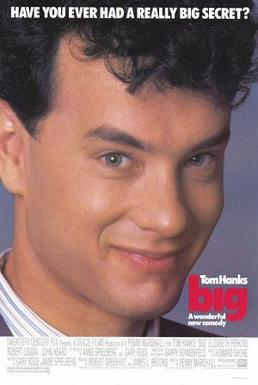
Big is a 1988 American fantasy comedy-drama film directed by Penny Marshall and stars Tom Hanks as Josh Baskin, a pre-adolescent boy whose wish to be "big" transforms him physically into an adult. The film also stars Elizabeth Perkins, David Moscow, John Heard, and Robert Loggia, and was written by Gary Ross and Anne Spielberg. It was produced by Gracie Films and distributed by 20th Century Fox.
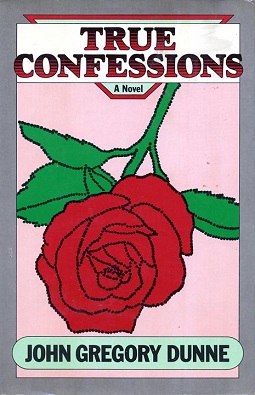
True Confessions is a noir novel by John Gregory Dunne and published in 1977. The novel was inspired by an actual event, the 1947 Black Dahlia murder.

Richard Edward Foronjy was an American film and television actor.

















